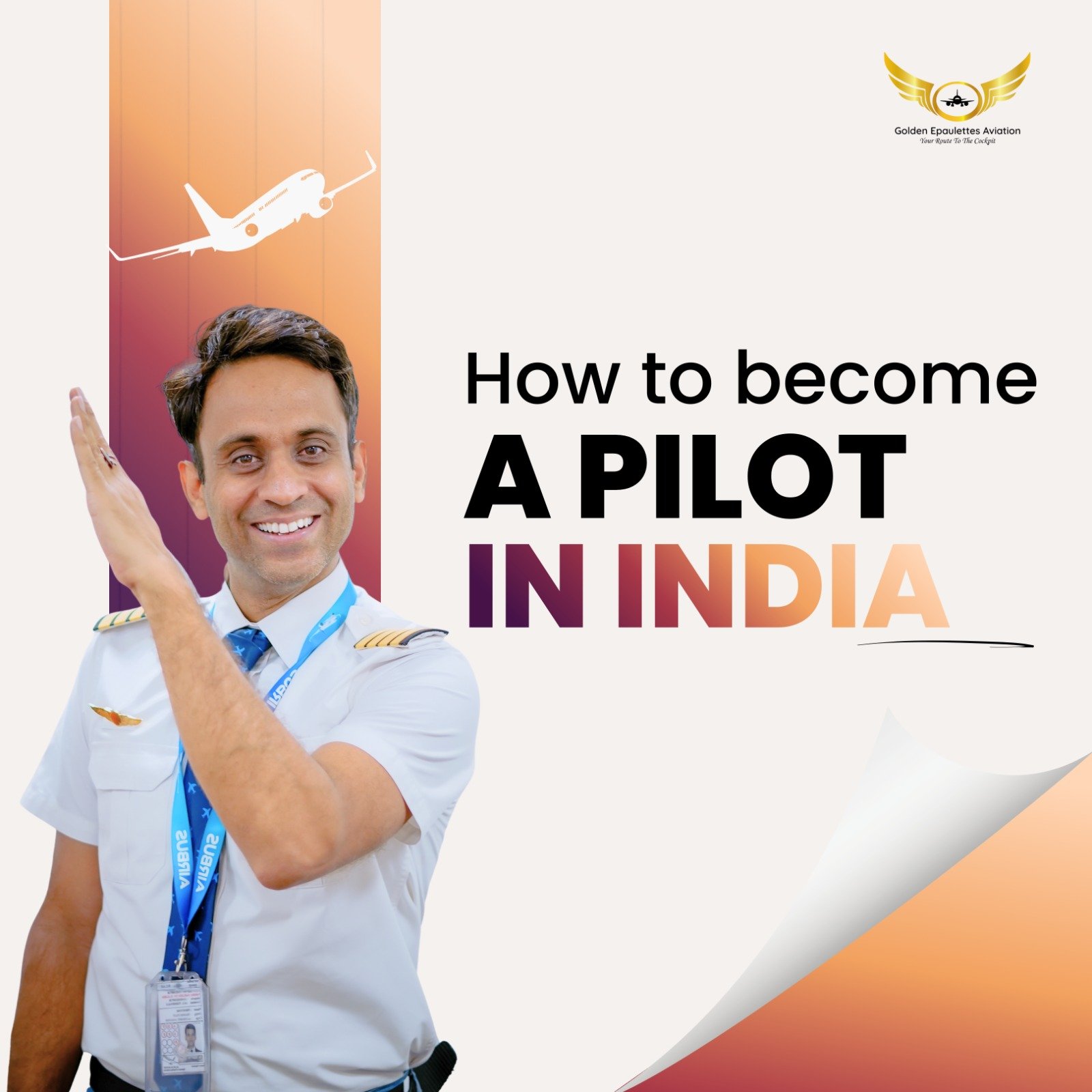DGCA Medical Exam Questions for Aircraft Pilots
Content will be added soon
 Menu
Menu
Pilot Programs
Comparing DGCA Class 1 and Class 2 Medicals for Pilots – An in
Capt. Tomar Awdhesh
Author

Thank you! Our team will contact you shortly on WhatsApp.